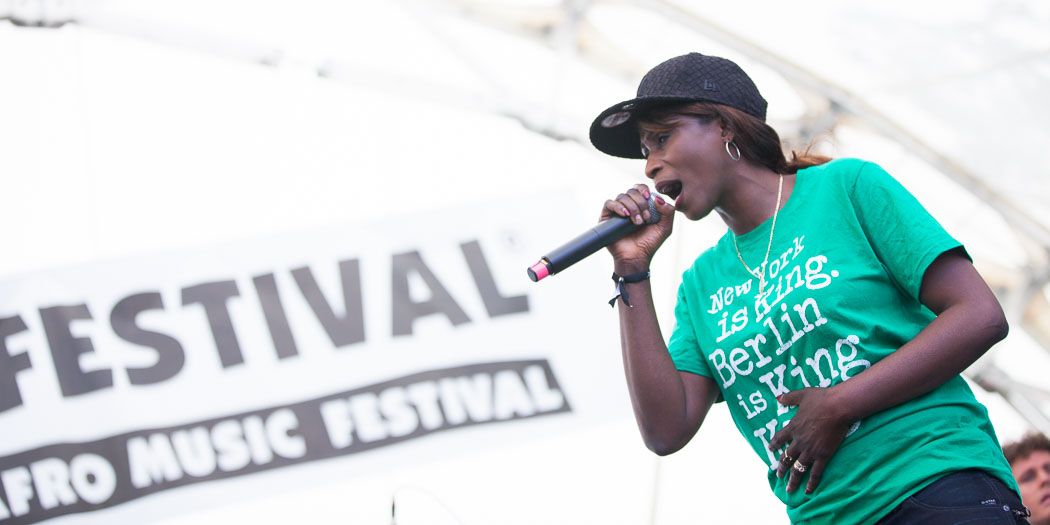Curated Reading in Progressive Art & Culture • No. 2

Sister Fa, one of Senegal’s first female hip hop artists, works tirelessly to end female genital cutting in West Africa and the African diaspora community in Germany. She experienced FGC as a girl. Through her efforts and the work of a local NGO, her home village of Thionck Essyl has abandoned FGC entirely. “I am working with the UK-based Orchid Project, which is supporting me to tour Senegal in April and May. We are on the frontline of the movement, and we plan to stay here to use our voice. I am just trying to speak for the many women who cannot raise their voices. I feel that when I talk, one person listens; but when I sing, thousands of people can hear my song.” (My battle against female genital cutting.)
Sohini Chakraborty has been helping sex-trafficking survivors using dance movement therapy (DMT) through the nonprofit Kolkata Sanved, an organization she founded in 2004. DMT allows enables survivors to recover from the trauma they have experienced through the medium of the body. “I feel that any creative expression, not only dance, can bring big change. If you look at history, creativity is really, really powerful. It can change society’s attitude. It’s a tool for recovery, healing, self-expression and reintegration.” (Vital Voices)
Jen Cross uses the written word to help survivors recover and heal from sexual trauma. Writing Ourselves Whole celebrates writing as transformative practice. “What I’ve found is that writing — either alone or in a community of generous and supportive peers — can be a way to find language for experiences of violence or trauma (or its aftermath) that were meant never to be expressed, a way to break down the isolation that is an inherent part of intimate trauma, and a way to reconnect with our creative intuition: that quiet, persistent voice within that we often had to ignore during the time that we were being abused.” (Sugarbutch Chronicles) (For the record: I had the opportunity to publish “Femme the sex of me” in Femmethology, Volume 1.)